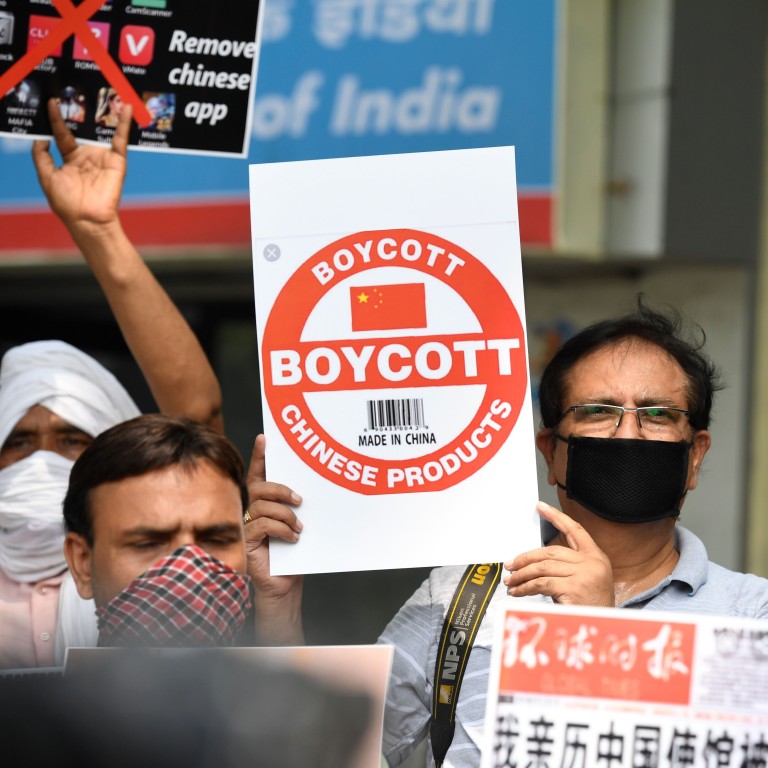
After skyrocketing to global tech stardom, is Chinese-owned TikTok on its way down?
- In April this year, TikTok and its Chinese version Douyin surpassed 2 billion downloads globally
- It has found itself in the crosshairs of authorities in recent months, with a ban on the app in India and the US also considering taking similar action
Now unrelenting US pressure, a border spat between China and India, and escalating global concerns over data security and privacy are threatening its advance.
India and the US are TikTok’s largest and third-largest markets, contributing 27.6 and 8.2 per cent respectively to TikTok's 596 million downloads in the first half of the year, according to Sensor Tower.

01:04
Pompeo says US considering ban on TikTok and other Chinese apps, praises Google, Facebook, Twitter
TikTok and ByteDance did not immediately respond to requests for comment.
The company has bent over backwards to try and appease US critics.
I don't see a Biden administration changing the direction of China policy, although it is likely to be done in a more professional manner
But the ByteDance-owned app still faces an uphill struggle to convince regulators that issues such as censorship and protection of minors are endemic to all social media giants, including Facebook and Twitter, and not just a China problem.
US Senate panel approves ban on using TikTok app on government devices
Simply being a Chinese internet company in the US seems to be a red card in the current environment, as in the Trump administration's eyes this means data could be shared with Beijing by order of China’s 2017 National Intelligence Law.
A sale of the app is even said to be on the table now.
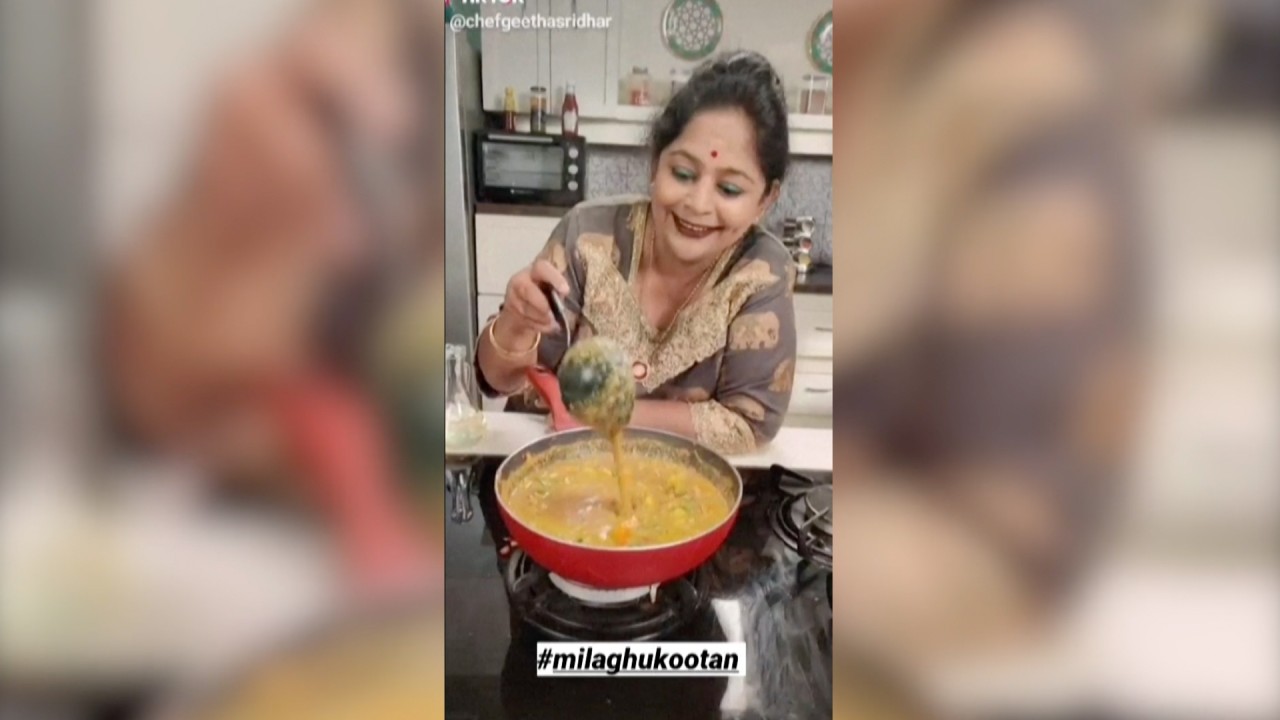
01:41
India’s TikTok ban closes lucrative window to the world for many rural women
“Both the Democratic and the Republican foreign policy establishments have become much more hawkish over the past few years about China,” said Dov Levin, an assistant professor of international relations at the University of Hong Kong. “A continuation of current trends after the election, regardless of who wins, is quite possible.”
Samm Sacks, a cybersecurity policy fellow at DC-based think tank New America, agreed. “I don't see a (possible Democratic Joe) Biden administration changing the direction of China policy, although it is likely to be done in a more professional manner,” Sacks said.
Opponent of US TikTok ban warns of potential retaliation if move goes ahead
One common criticism levelled at the app is that it collects excessive user data, which some fear will be shared with the Chinese government.
According to TikTok’s privacy policy in the US, it automatically collects information such as IP addresses, geolocation-related data and browsing and search history. It also scans and analyses messages users compose, send and receive within the app.
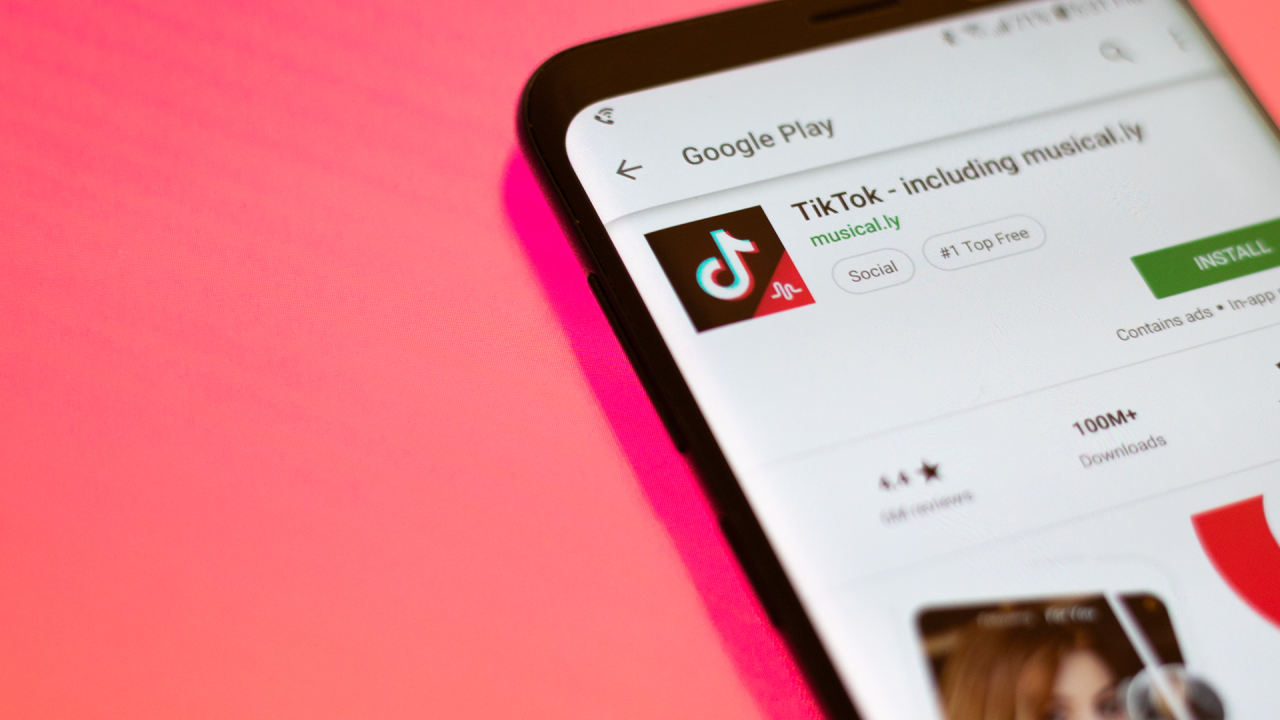
01:33
How China’s TikTok video app became a global sensation
This data is used to help the platform detect fraud and illegal activity, and deliver targeted advertising, among other purposes, according to TikTok’s privacy policy.
“If you track GPS, personal info, likes, and collect all of this data. It’s pretty scary,” said one American TikTok user, 24-year-old Barry Shehadeh.
“In the US, if a breach happened the company will be sued pretty badly, but I don't think a Chinese company would care at all what to do with my data,” said Shehadeh, a tech professional who nonetheless said that he would miss the app if it was banned.
In the US, if a breach happened, the company will be sued pretty badly, but I don't think a Chinese company would care at all what to do with my data
Patrick Jackson, a former National Security Agency researcher who is now chief technology officer of privacy software company Disconnect, said TikTok collects “an abnormal amount of information”.
“Within the first nine seconds of opening the app, I captured TikTok making 210 network requests from my device back to their servers,” Jackson told the Post in an email. “Each request is an opportunity for TikTok to collect more data from users and likely store it indefinitely on their servers.”
“They intentionally collect data that enables them to differentiate and identify users even when those users think they are anonymous because they haven’t created an account or [have] deleted and re-downloaded the app,” Jackson said.
TikTok slapped with fine in South Korea over mishandled user data
However, this does not mean TikTok necessarily collects more data than other western social media giants, according to the cybersecurity expert.
“Facebook and Google’s data harvesting is spread across the entire web and in thousands of apps they don’t own,” Jackson said. “Even when users don’t have Facebook accounts or use Google-owned services, Facebook and Google still collect and maintain profiles about these devices and users.”
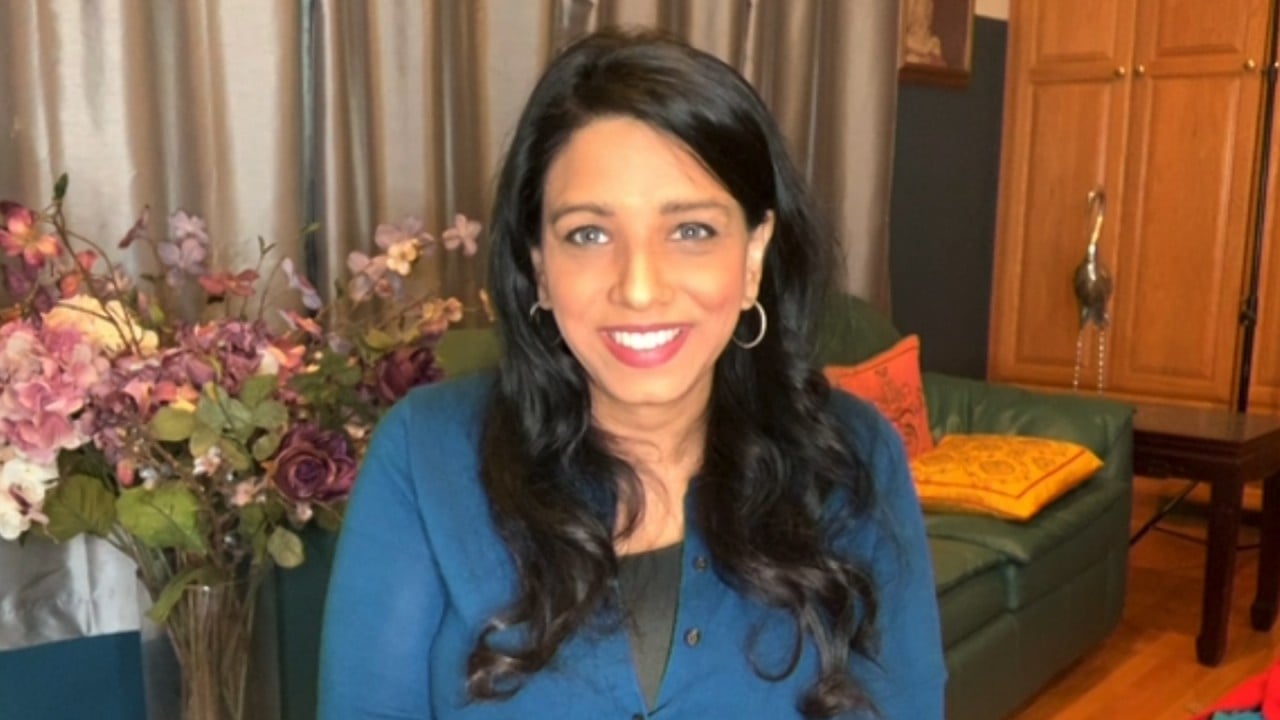
04:43
Viral Indian TikTok star says followers ‘can’t stop crying’ due to Indian government ban
Some critics have also said that even if ByteDance does not proactively hand over user data to the Chinese government, they may have no choice in the matter.
China’s 1993 national security law states that national security agencies can examine the electronic communication devices of organisations and individuals “if needed”, while its 2017 law on national intelligence requires organisations and citizens to “support, assist and cooperate with state intelligence work”.
Some policymakers envision a real-time data pipeline from every Chinese tech platform to the Chinese government, which is of course quite an exaggeration.
Although in theory this may require companies including ByteDance to hand over data if asked, in practice, compliance in China “often involves lengthy and complicated negotiations between companies and local officials”, New America’s Sacks argued in a Senate testimony in March.
“Chinese corporate actors are not synonymous with the Chinese government or the Chinese Communist Party, and have their own commercial interests to protect,” Sacks said.
Justin Sherman, a fellow with the Atlantic Council's Cyber Statecraft Initiative, said it was a “misconception” that Chinese companies automatically hand over user information to the government.
US accuses Chinese hackers of targeting Covid-19 data and defence secrets
“Some policymakers envision a real-time data pipeline from every Chinese tech platform to the Chinese government, which is of course quite an exaggeration,” he said.
Furthermore, China is not the only country in the world to request that social media platforms hand over user information.

03:08
India bans dozens of Chinese apps, including TikTok and WeChat, after deadly border clash
“It is not true that a social media company must absolutely comply with an information request from an agent of the US government,” said Nathaniel Rushforth, a US-qualified lawyer and cybersecurity specialist at Shanghai-based DaWo Law Firm. “However, they cannot absolutely reject such a request either.”
“If the government provides something ‘more’ to justify the request, which often may be opaque from the public, the company will generally comply,” he said, clarifying that such justifications may include judicial subpoenas, search warrants and national security letters.
TikTok competitors swoop in to fill the void amid international pushback
Instagram was downloaded 291 million times in the first half of 2020 while YouTube had 144 million installs in the same period, according to Sensor Tower.
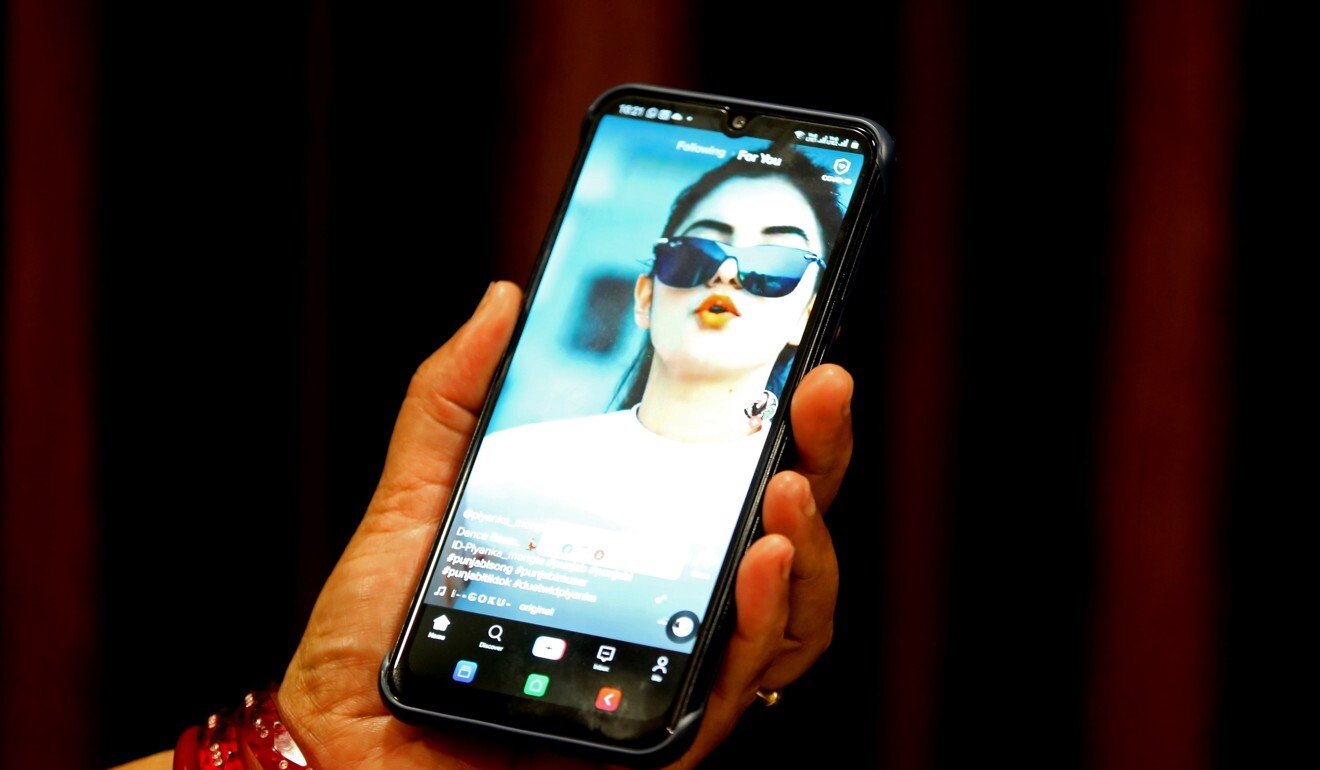
The three largest contenders, Roposo, Zili, and Dubsmash, have collectively seen first-time installs grow 155 per cent in the three weeks following TikTok’s removal, compared to the same period before its ban, the data showed.
But Shehadeh said he did not think it would be so easy for newer alternatives to replace TikTok by replicating similar features. “I think there was one successful company that did replace another huge company before, but it took a very long time,” he said, referring to Instagram’s Stories feature, which allows users to post photos and videos that vanish after 24 hours – a format popularised by Snapchat.
“And Snapchat is still not dead,” Shehadeh added.
Big changes for Snapchat: breaking news, mental health features
Alessandro Bogliari, the chief executive of US-based agency The Influencer Marketing Factory agreed that while Instagram and YouTube are big players, their audience may not cover the same demographic as TikTok.
“Just because it has similar features, it doesn’t mean Gen Z users are on the platform,” he said, adding that the agency’s clients, brands promoting their products on social media, are “definitely asking questions” about TikTok but are nonetheless still investing in it.
As to whether a change in TikTok’s ownership would solve its problems, experts the Post spoke to were sceptical.
“For those who really are politically driven to ban TikTok to look ‘tough’ on China, I don't think that a sale to a US firm will change much,” Sherman said.
Additional reporting by Minghe Hu.


